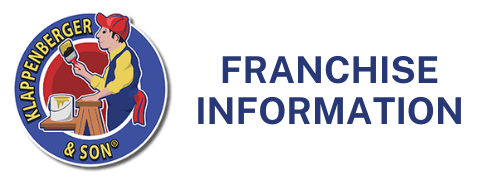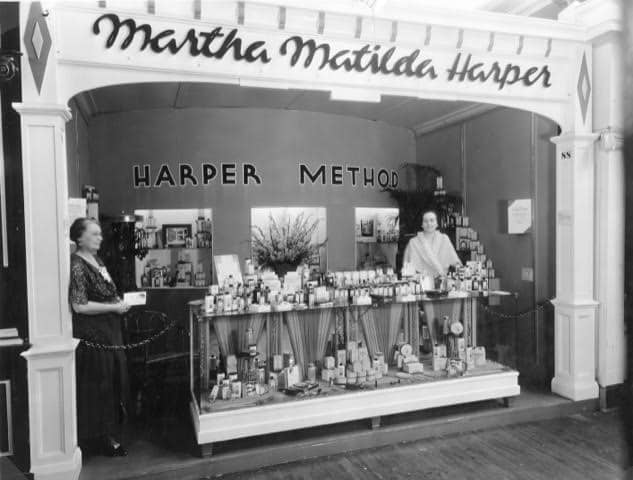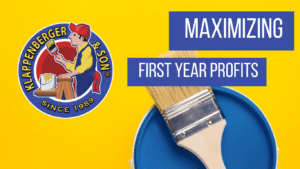Initial Fees
There is no correlation between franchise fees and training and support. The higher the Franchise Fee has no bearing on the quality of training or continued support.
Franchise start-up costs vary and can include any of the following:
- grand opening
- operating licenses and permits
- compliance with local ordinances, such as zoning, waste removal, and fire and other safety codes
- products, machinery
- real estate and leasehold improvements
- a computer system or a security system
- training at the corporate location
- insurances
- salaries
You will want to know how much you will be investing and how long before you break even. Knowing your initial investment will help determine the additional capital required to pay your household bills and operating expenses. It is not unusual for many franchises to not break even for 12 months or longer. According to the federal trade commission, some franchises never break even.
Ongoing Fees
By definition, all franchises have ongoing fees, such as royalties, regional and national advertising, and possibly additional costs. Royalty rates vary between 4.6% and 12.5%, depending on the industry.
Advertising fees
Find out what are the mandatory franchise advertising requirements. These can come in several different forms.
Brand Development fees are a percentage of the gross sales. Brand Development can be spent on:
- Local Advertising
- National Advertising
- Website
- Social Media
- Administrative
- Selling more franchises
- Other
Additional Mandatory Advertising
In addition to Brand Development fees, you may be required to spend a certain amount of money on your own. Some franchisors deduct these expenditures from your brand development fee, while others do not.
In my experience, I have found that very few people take the time to compare the ongoing fees. Ongoing fees vary widely within the same industry, so please compare Item 7 in the FDD. The difference can mean hundreds of thousands of dollars over the franchise agreement term.
If understanding your initial costs and ongoing expenses is not carefully examined, you will likely miss finding the best franchise for you.
I analyzed the FDD (Franchise Disclosure Document) of five handyman franchises and found the difference in costs staggering.
If each of the five franchises grossed $1,000,000, the difference from the least amount paid to the most paid to the franchisor was an additional $65,000.
Note: Franchise agreements typically last ten years. That will be an additional $650,000 paid to the franchisor if the franchisee is grossing $1,000,000 yearly!
In other words, that is $650,000 that is not in your pocket but the franchisors!
I also reviewed the 2020 FDDs of 7 large painting franchises and found significant differences in ongoing fees.
Why don’t we bother to compare ongoing fees? Because we buy on emotion and justify with logic.












